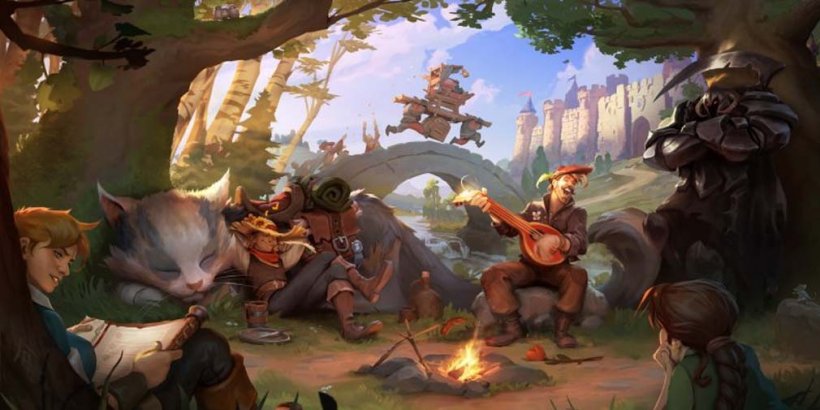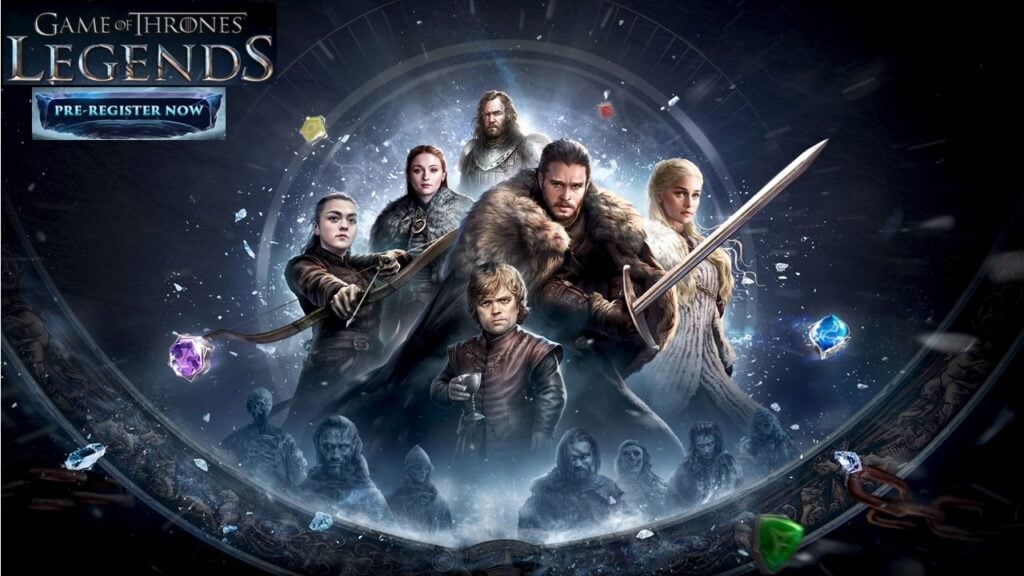Many game developers think the term “AAA” is silly and the industry is inefficient
- By Leo
- Jan 05,2025

The "AAA" label in game development is outdated and irrelevant, argue many developers. Initially signifying massive budgets, high quality, and low failure rates, it's now associated with profit-driven competition that stifles innovation and quality.
Charles Cecil, Revolution Studios co-founder, calls the term "silly and meaningless," a relic of a period when increased publisher investment negatively impacted the industry. Ubisoft's Skull and Bones, marketed as a "AAAA" title, exemplifies this—a decade-long development cycle culminating in failure.
Major publishers like EA face criticism for prioritizing mass production over player engagement. Conversely, indie studios frequently produce games like Baldur's Gate 3 and Stardew Valley, proving that creativity and quality surpass budget in leaving a lasting impact.
This profit-focused approach, many believe, restricts creativity and discourages risk-taking, ultimately hindering innovation in large-scale game development. A fundamental shift in approach is needed to recapture player interest and inspire future game creators.






